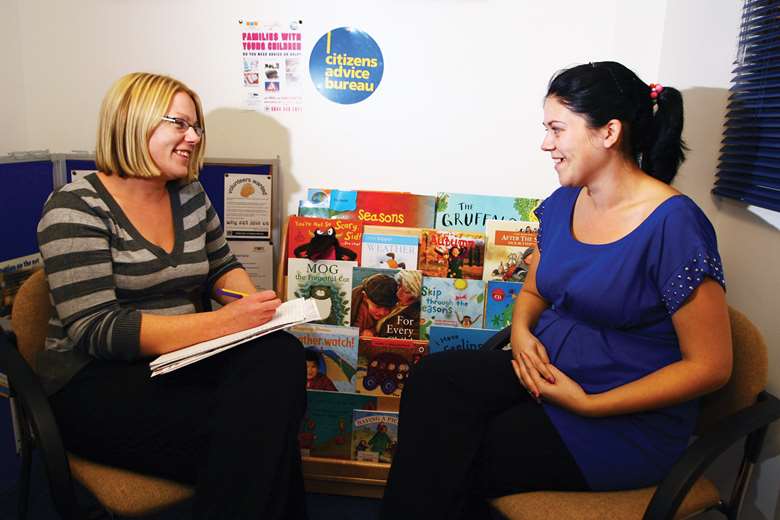Skills for the Job: Providing advice on legal aid
JustRights
Monday, March 30, 2015
With legal aid becoming more difficult to obtain, it is vital that vulnerable children and young people receive accurate advice.

Under what circumstances may a child or young person require civil legal assistance?
Children and young people experience two million civil legal problems each year, but only seven per cent manage to get advice from a recognised source of legal advice. Children are most likely to need legal advice in relation to their rights as children. This may be about help with cases in the family court, getting support from social services, problems to do with their education, and immigration or asylum issues. In many cases, children can instruct lawyers themselves, but often will need an adult (a parent, carer or guardian) to help make contact with and work with lawyers. In most cases before the family court or the High Court, an adult will need to instruct the solicitor. Young people aged 16 to 24, particularly those living independently, often need advice in additional areas like housing, homelessness, welfare benefits, debt, employment and rights as care leavers.
What has been cut and what remains available?
In April 2013, the government cut a huge range of civil legal problems from the remit of the legal aid scheme to save £350m a year. The cuts applied equally to adults and children alike, other than in family cases.
The cuts particularly affect access to support on welfare benefits, debt, employment, immigration, housing, consumer and discrimination matters. Legal advice on certain issues is only available by telephone. But the rules around what is and isn't still funded are complex. Legal aid is still available for many specific types of cases, including many family cases, asylum applications, special educational needs appeals, community care cases and where someone is homeless or threatened with homelessness. Judicial review work which covers any challenge to unlawful action by the state is also still funded.
It is always wise for practitioners to check with a lawyer if legal aid is available.
What are the implications for children and young people of cuts to legal aid?
Research has shown that young people's failure to access timely advice leads to their problems multiplying and major knock-on costs to local health, housing and social services. Without access to good quality, free legal advice and representation, children and young people are at greater risk of abuse, exploitation, harm and destitution.
How can you check if a child or young person is eligible for legal aid?
You can check if someone might be eligible for legal aid at www.gov.uk/check-legal-aid, or by phoning the Civil Legal Advice helpline on 0345 345 4345.
Even if legal aid is not available, it does not necessarily mean that it will not be possible to find free legal advice.
- There is an exceptional funding scheme which, in theory, should enable some children and young people to still get legal aid for cases that are otherwise "out of scope"
- Some lawyers can still offer help on cases that are not funded through legal aid - and in some cases, there may be a duty on someone else to fund legal advice
- Some issues might be resolved with the help of an advice agency
If in any doubt, contact a lawyer to check.
How can you help a young person who requires legal assistance?
Enlist the support of a legal adviser at the earliest opportunity. Delaying can harm a young person's legal position. It is really important that all professionals working with children and young people have good links with youth advice agencies and lawyers who provide a young person-friendly service.
Organisations providing child-friendly legal advice include Coram Children's Legal Centre, Just for Kids Law, The Howard League for Penal Reform, National Youth Advocacy Service, Migrant & Refugee Children's Legal Unit, Coram Voice, children's commissioner offices and some law centres. Some solicitors in private practice also specialise in working with children.
Youth Access has a directory of local youth advice services on its website: www.youthaccess.org.uk/findyourlocalservice
Top tips
- Look out for the legal dimensions of young people's problems, so you can identify where a lawyer might help
- Do not assume legal aid is not available or that no one can provide legal assistance - if in doubt, check
- Act fast to protect a young person's legal position
- Build referral relationships with any local young person-friendly lawyers
JustRights www.justrights.org.uk




